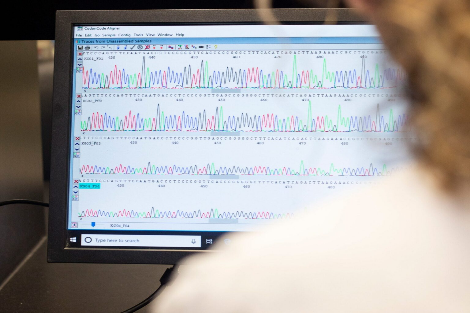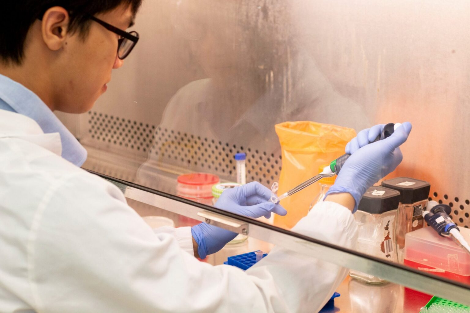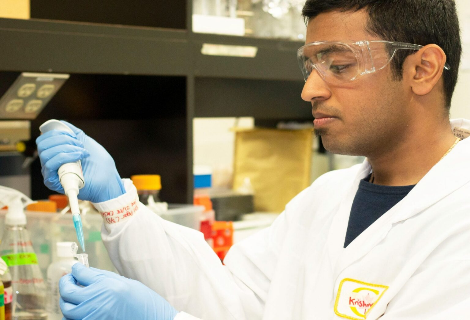Foodborne diseases may be reduced by controlling foodborne pathogens using probiotics and/or small molecule metabolites.
Foodborne diseases may be reduced by controlling foodborne pathogens using probiotics and/or small molecule metabolites.

There are an estimated 4 million cases of foodborne illness every year in Canada, with an estimated annual cost of over 5 billion dollars. Although we are starting to have some understanding of the disease process, in many instances we do not really understand the ecology of foodborne pathogens, how their virulence changes with different external pressures and why and when some pathogens emerge to cause deadly outbreaks such as the large Listeria monocytogenes cantaloupe outbreak which caused 147 illnesses and 33 deaths.

This project team is conducting research to extensively examine the microbiome of high-risk foods, and then using this information to develop strategies for microbiome manipulation to improve health. This team seeks to discover novel extracted small molecule metabolites and/or probiotics from food and plant microbial ecosystems, that will turn off the expression of the major virulence genes in foodborne pathogens such as L. monocytogenes and C. sakazakii.

This research has the ultimate goal to reduce the burden of human illness due to foodborne pathogens, by (i) developing new strategies to control foodborne pathogens and (ii) developing new models to understand the macro and molecular aspects of microbiome /pathogen relationships.
Collaborators and students: Krishna Gelda (MSc.candidate), Bowornnan Chantapakul (MSc. candidate), Dr. Valeria Parreira (Research Manager), Dr. Manish Razaida, Dr. Gisele LaPointe, Dr. Emma Allen-Vercoe.